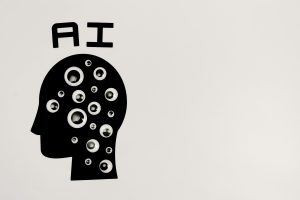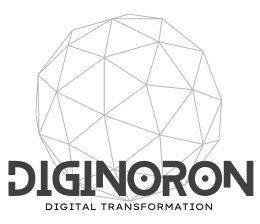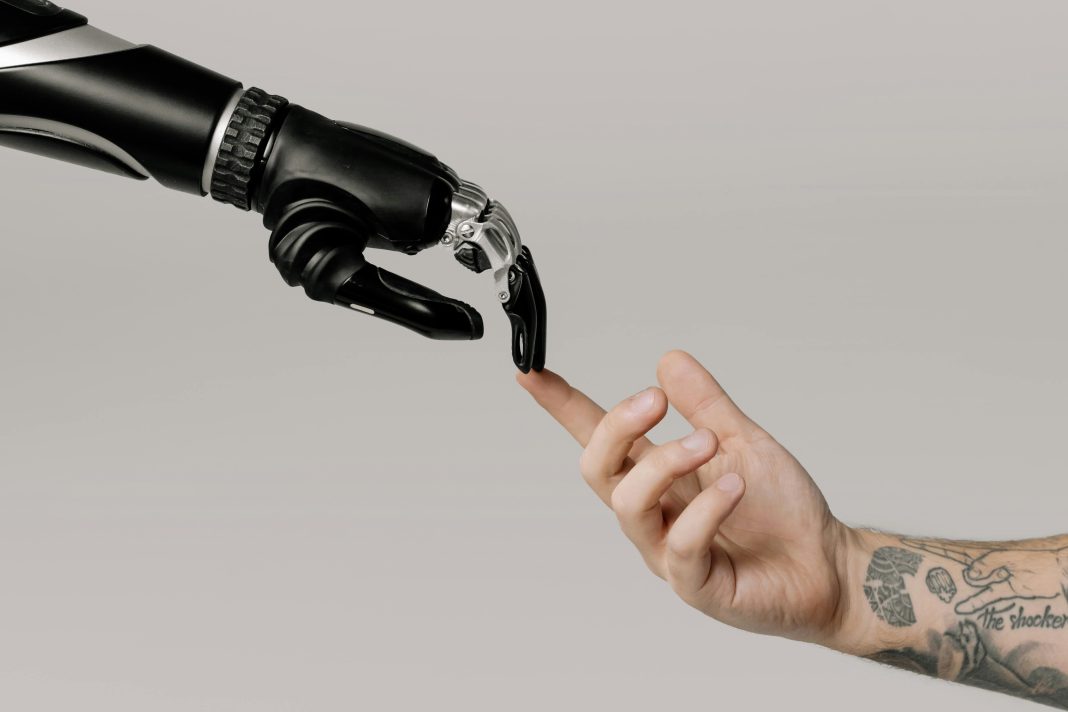The rapid evolution of artificial intelligence (AI) and information and communication technology (ICT) is reshaping the workforce. Big tech companies, in particular, are prioritizing upskilling to maintain their competitive edge. This article delves into the imperative of upskilling, the essential Artificial intelligence job skills, and the strategies employed by industry giants to prepare their workforce for the future.
Why Upskill for AI?
The labor market is undergoing a profound transformation driven by AI. To thrive in this new landscape, individuals must acquire a fresh skill set. A solid foundation in machine learning, data analysis, and AI is becoming increasingly indispensable.
Would you like to add more details about the impact of AI on specific industries or job roles?
Global Competitiveness: Companies must have skilled and trained workforce to remain competitive in the global market
Skills needed in the future

The Artificial intelligence job skills Revolution: A Workforce Transformation
The rapid advancement of artificial intelligence (AI) and information and communication technology (ICT) is disrupting the traditional job market. To remain competitive, businesses, especially tech giants, are investing heavily in upskilling their workforce. This article explores the reasons behind this shift, the essential skills for the AI era, and strategies organizations are implementing to prepare their employees.
The Imperative for Upskilling
As AI automation permeates various industries, the demand for a new skill set is paramount. To succeed in this AI-driven world, individuals must complement their existing knowledge with:
- Technical Skills: Proficiency in programming languages, machine learning algorithms, data analysis tools, and AI frameworks.
- Soft Skills: Creativity, critical thinking, problem-solving, teamwork, and effective communication to navigate complex challenges and collaborate effectively.
- Adaptability Skills: The ability to quickly acquire new knowledge and adapt to evolving technological landscapes.
Corporate Strategies for a Skilled Workforce
To foster an AI-competent workforce, leading companies are adopting the following strategies:
- Robust Training Programs: Significant investments in employee training to enhance AI-related skills.
- University Partnerships: Collaborations with academic institutions to develop tailored training programs.
- Leveraging Online Platforms: Providing accessible online learning resources to democratize AI education.
- Cultivating a Learning Culture: Encouraging continuous learning and skill development among employees.
AI: A Double-Edged Sword
While AI offers immense potential, it also poses challenges to certain job roles. Occupations heavily reliant on repetitive tasks and structured data are at higher risk of automation. Examples include:
- Manufacturing: Routine assembly line tasks.
- Customer Service: Routine inquiries handled by chatbots.
- Accounting and Finance: Basic data entry and reconciliation.
- Data Analysis: Simple data processing tasks.
- Transportation: Traditional driving roles, as autonomous vehicles emerge.
Factors Contributing to Job Vulnerability
Jobs with a higher risk of automation often share these characteristics:
- Repetitive Tasks: Predictable routines easily replaced by automation.
- Data-Driven Processes: Tasks primarily based on structured data amenable to AI analysis.
- Limited Cognitive Demand: Roles requiring minimal creativity or problem-solving.
Seizing Opportunities in the AI Era
While automation may displace some jobs, it also creates new opportunities. Individuals can navigate this changing landscape by:
- Skill Enhancement: Acquiring AI-related skills to increase job marketability.
- Developing Soft Skills: Focusing on human-centric abilities that complement AI capabilities.
- Exploring Emerging Roles: Identifying and pursuing new job roles created by AI advancements.
Conclusion
The future of work is inextricably linked to AI. A workforce equipped with the right skills and mindset is crucial for organizations to thrive. By investing in upskilling and fostering a culture of continuous learning, individuals and businesses can harness the power of AI while mitigating its challenges.


